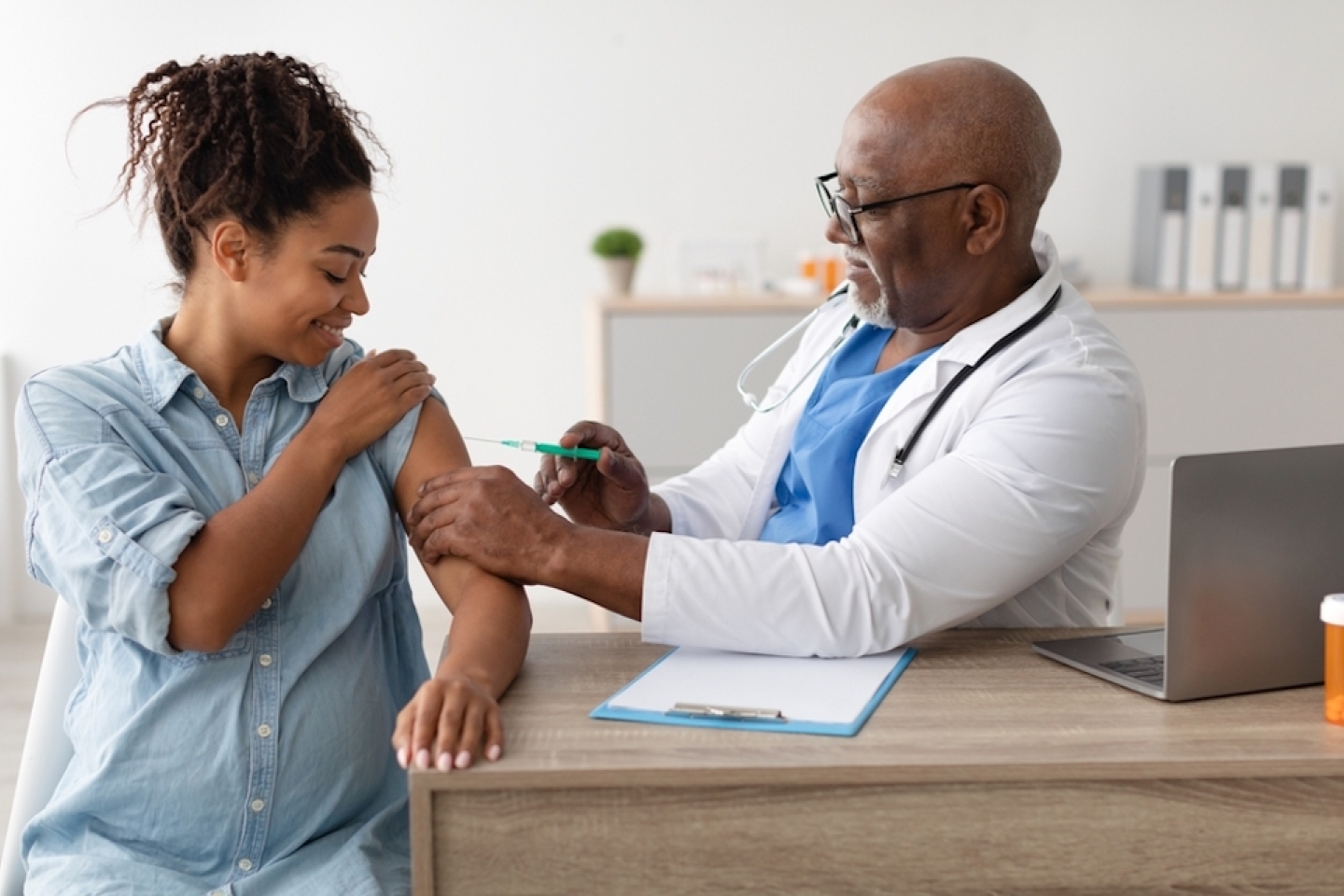
Pregnancy is an exciting time that requires you to take control of your health for the health of your developing baby. In addition to eating nutritious foods and taking prenatal vitamins, it’s important to stay current on vaccines during pregnancy. In fact, you may want to consider vaccinations before conceiving for optimal pregnancy care.
“If you’re trying to become pregnant, then get vaccinated,” says Dr. Laura Riley, chair of the Department of Obstetrics and Gynecology at Weill Cornell Medicine. “It’s not going to interfere with fertility or implantation. It’s certainly not going to harm your baby.”
Here is what we know about the vaccines you need and why they matter when you’re expecting.
As long as you’re healthy, vaccines recommended during pregnancy by the Centers for Disease Control and Prevention include:
When you receive a vaccine, you train your immune system to recognize and attack harmful viruses and bacteria. This training is vital, as it helps your body fight off disease if it faces the same viruses or bacteria in the future.
“Data suggests that pregnant women sick with COVID-19 have a higher risk of pregnancy complications,” says Dr. Sallie Permar, Chair of the Department of Pediatrics at Weill Cornell Medicine and Pediatrician-in-Chief at NewYork-Presbyterian Komansky Children’s Hospital, a premier campus of Children’s Hospital of New York. “This includes blood clots, which put you at risk for serious complications.”
Pregnant women are also more likely to have serious flu symptoms. Vaccination reduces your risk for severe disease, and vaccination’s benefits aren’t confined to mothers-to-be.
During pregnancy, vaccines also serve your baby. They help protect your baby from getting very sick from preventable diseases and complications, such as blood clots. Get vaccinated, and you provide your baby with disease-fighting antibodies during the earliest, most vulnerable days of life.
If you’re expecting, find a doctor at Weill Cornell Medicine to help keep you and your baby safe throughout pregnancy, delivery and beyond.